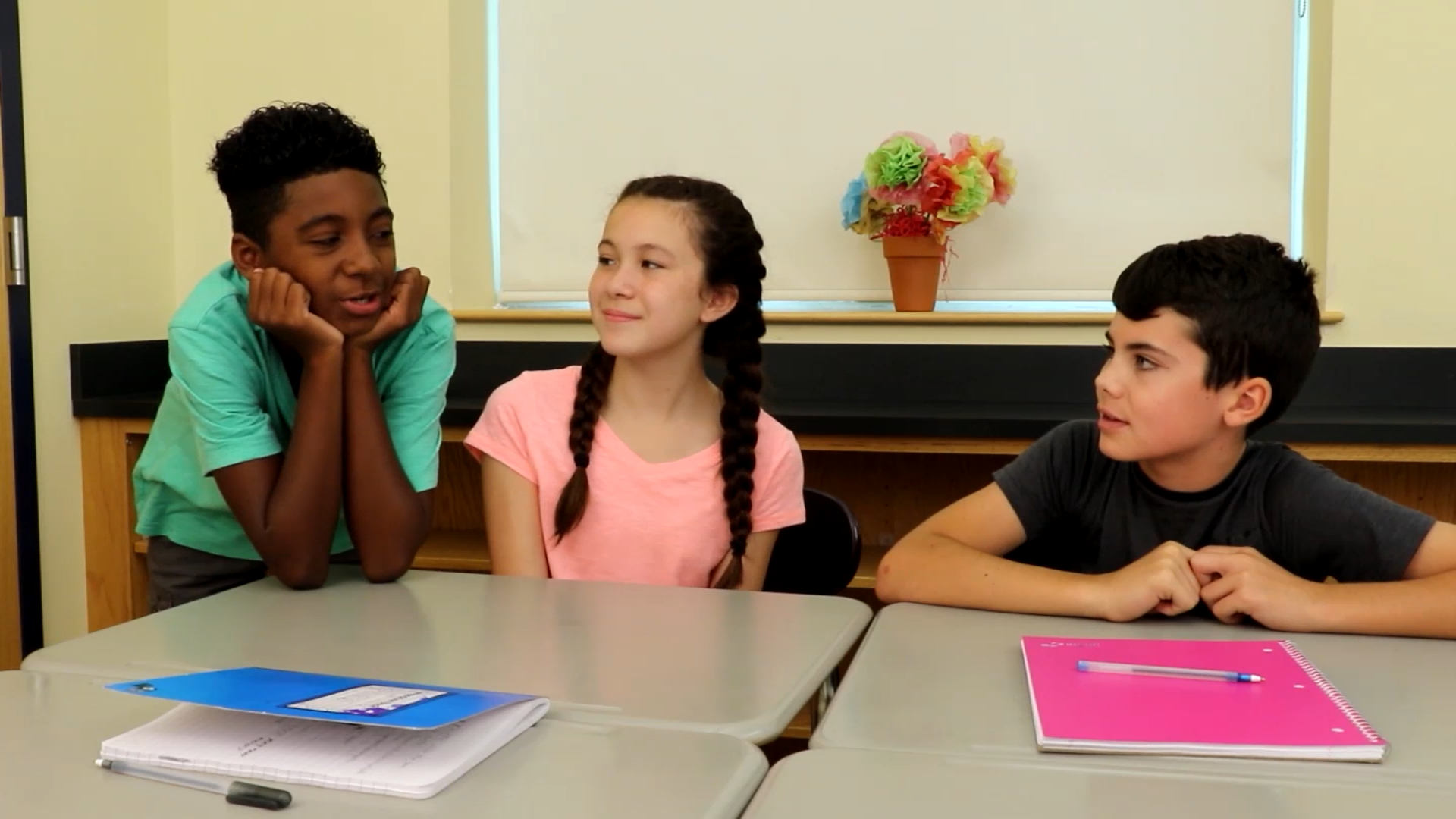
As educators, we play a crucial role in helping our young students develop essential social skills. One such skill is the ability to join conversations appropriately. This blog post will provide you with a no-prep activity, discussion questions, and related skills to help you teach PreK students how to effectively observe and join conversations.
Introduction
Joining a conversation is an important social skill that enables children to build relationships, share ideas, and participate in group activities. To join a conversation successfully, students need to learn how to observe a group, listen to the topic being discussed, find the right time to join, and contribute to the conversation without interrupting. By teaching PreK students these fundamental skills, we can help them develop the confidence to engage in social interactions and foster a sense of belonging.
No-Prep Activity
Here is a simple, no-prep activity to teach PreK students the art of joining conversations:
Role-Play Scenarios
- Divide the class into small groups of 3-4 students.
- Assign each group a scenario to role-play. For example, the scenario could be a playground conversation, a discussion about a favorite book, or a conversation about a recent field trip.
- Ask the students to take turns being the observer, who will join the conversation at an appropriate time. The observer should practice using their eyes to observe the group, listen to the conversation, and find the right moment to join without interrupting.
- After each student has had a turn as the observer, gather the class together and discuss how they felt during the activity and what they learned about joining conversations.
Discussion Questions
Use these discussion questions to engage your students in deeper conversations about joining conversations:
- Why is it important to observe a group before joining a conversation?
- How can we tell when it’s a good time to join a conversation without interrupting?
- What are some ways to contribute to a conversation once we’ve joined it?
- How do you feel when you successfully join a conversation?
- What can we do if we accidentally interrupt a conversation? How can we apologize and continue the conversation?
Related Skills
Beyond joining conversations, there are other related social skills that can help PreK students thrive in social settings. These skills include:
- Active listening: Showing interest in what others are saying by maintaining eye contact, nodding, and asking follow-up questions.
- Taking turns: Knowing when to speak and when to listen during a conversation, allowing everyone to have a chance to participate.
- Empathy: Understanding and acknowledging the feelings of others, which can help deepen connections and foster positive relationships.
- Respecting personal space: Recognizing and respecting the personal space of others while engaging in conversations and social interactions.
Next Steps
Now that you have a better understanding of how to teach PreK students the art of joining conversations, it’s time to put these ideas into practice. To access even more resources and sample materials for teaching social skills, sign up for a free sample at Everyday Speech. With these tools, you can help your students develop essential social skills and build a strong foundation for future success.

